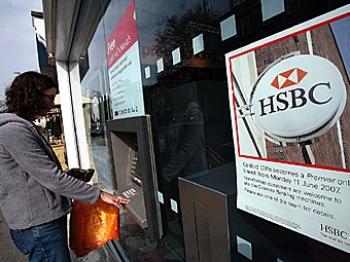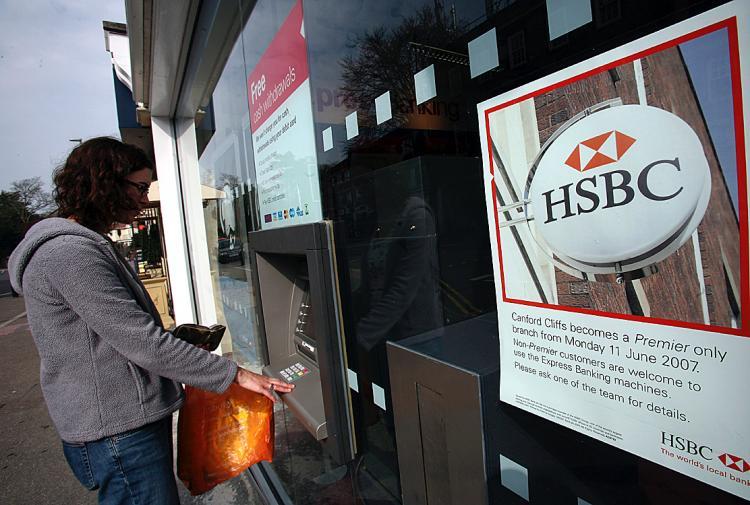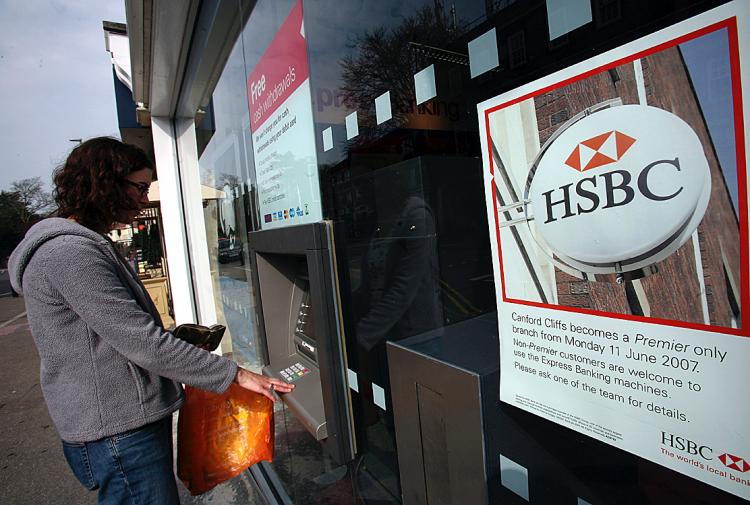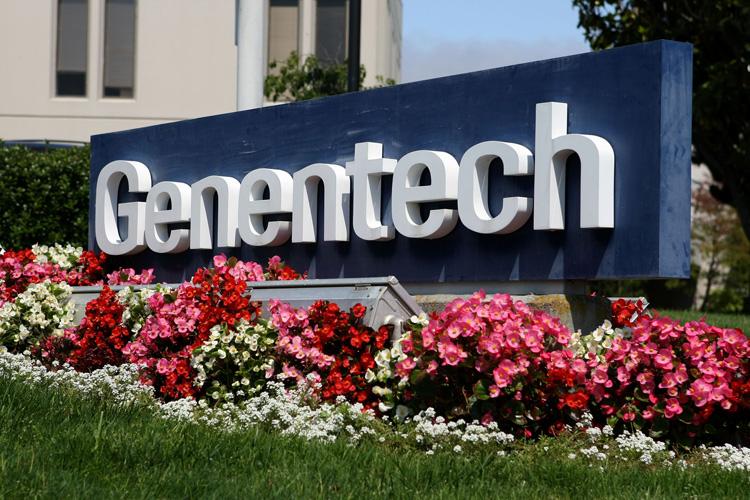About one in four HSBC Holdings Plc shareholders turned down the bank’s pay proposals at its annual shareholders meeting this week.
It was the most substantial defeat for Britain’s largest bank against executive pay awards since at least 2003. This was also after Standard Life Investments categorized HSBC’s pay practices as “unacceptable,” this is a rare occasion for the fund manager to publicly denounce a company in such a manner.
With 22.6 percent of investors either voting against the remuneration report or abstained. The breakdown of the total numbers consist of 13 percent opposing the pay proposals for HSBC executives, despite being paid the promised amount.
Guy Jubb, who leads the corporate governance area at Standard Life Investments (SLI) reiterated his opposition to HSBC’s pay report, marking his disapproval three years in a row at this year’s annual meeting
He claimed that, “despite our clear communication of our concerns, the bank has not been a listening one.”
The HSBC chairman Stephen Green was at the meeting in London, and given the context of the controversy surrounding executive pay rises has had a change of heart. Earlier in the year he was quite insistent on the pay increases for the directors. The board has nominated John Thornton, the new chairman of the remuneration committee, to assess the pay structure.
Green explained that “The board recognizes that in today’s difficult economic climate, especially in the West, the issue of executive pay is a sensitive one and the numbers involved are large by anyone’s standards.”
“John will therefore consult with our owners to ensure that we are rewarding proper pay for proper performance, as this is in the long-term interests of your company and all its stakeholders.”
HSBC is also being grilled about chief executive Michael Geoghegan’s relocation package to Hong Kong from London which cost around US$1.1 million. Inevitably, the spotlight was on Geoghegan who is planning to give his bonus, worth $6 million, to charity to ease the debate about his bonus, while numerous rival executives expect to retain their bonuses.
Jubb also disapproved of the company’s move to relocate Geohegan to Hong Kong in January and considered the situation “unsustainable” since Green and finance director Douglas Flint remained in London. Green stated that the relocation will be discussed at a board meeting in July.
Prior to the meeting, Britain’s largest union Unite was vocal about the “huge” pay packets and “bloated executive bonuses” that top HSBC executives were pocketing while ”ordinary workers pay the price for the economic downturn.”
To negate for cuts in staff, employees around the world are enduring tougher working conditions for less pay. Green was determined to minimize the impact of the investor opposition about the executive pay. “An abstention is exactly that-abstaining. It’s certainly nothing like a vote against and typically indicates reserving judgement ahead of our consultation,” he said.
Although there was speculation about Green to depart from the bank who served for almost thirty years, he claimed such a move would be “irresponsible”.
His term has been a topic of debate with suggestions that Thornton, a non-executive, was groomed to replace Green, 61, who is currently full-time chairman. “We believe the chairman’s role must be essentially full-time, and London-based, just as we believe the CEO should be Hong Kong-based. And finally, to be clear, I look forward to chairing the next AGM in 2011,” he explained to shareholders.
It was the most substantial defeat for Britain’s largest bank against executive pay awards since at least 2003. This was also after Standard Life Investments categorized HSBC’s pay practices as “unacceptable,” this is a rare occasion for the fund manager to publicly denounce a company in such a manner.
With 22.6 percent of investors either voting against the remuneration report or abstained. The breakdown of the total numbers consist of 13 percent opposing the pay proposals for HSBC executives, despite being paid the promised amount.
Guy Jubb, who leads the corporate governance area at Standard Life Investments (SLI) reiterated his opposition to HSBC’s pay report, marking his disapproval three years in a row at this year’s annual meeting
He claimed that, “despite our clear communication of our concerns, the bank has not been a listening one.”
The HSBC chairman Stephen Green was at the meeting in London, and given the context of the controversy surrounding executive pay rises has had a change of heart. Earlier in the year he was quite insistent on the pay increases for the directors. The board has nominated John Thornton, the new chairman of the remuneration committee, to assess the pay structure.
Green explained that “The board recognizes that in today’s difficult economic climate, especially in the West, the issue of executive pay is a sensitive one and the numbers involved are large by anyone’s standards.”
“John will therefore consult with our owners to ensure that we are rewarding proper pay for proper performance, as this is in the long-term interests of your company and all its stakeholders.”
HSBC is also being grilled about chief executive Michael Geoghegan’s relocation package to Hong Kong from London which cost around US$1.1 million. Inevitably, the spotlight was on Geoghegan who is planning to give his bonus, worth $6 million, to charity to ease the debate about his bonus, while numerous rival executives expect to retain their bonuses.
Jubb also disapproved of the company’s move to relocate Geohegan to Hong Kong in January and considered the situation “unsustainable” since Green and finance director Douglas Flint remained in London. Green stated that the relocation will be discussed at a board meeting in July.
Prior to the meeting, Britain’s largest union Unite was vocal about the “huge” pay packets and “bloated executive bonuses” that top HSBC executives were pocketing while ”ordinary workers pay the price for the economic downturn.”
To negate for cuts in staff, employees around the world are enduring tougher working conditions for less pay. Green was determined to minimize the impact of the investor opposition about the executive pay. “An abstention is exactly that-abstaining. It’s certainly nothing like a vote against and typically indicates reserving judgement ahead of our consultation,” he said.
Although there was speculation about Green to depart from the bank who served for almost thirty years, he claimed such a move would be “irresponsible”.
His term has been a topic of debate with suggestions that Thornton, a non-executive, was groomed to replace Green, 61, who is currently full-time chairman. “We believe the chairman’s role must be essentially full-time, and London-based, just as we believe the CEO should be Hong Kong-based. And finally, to be clear, I look forward to chairing the next AGM in 2011,” he explained to shareholders.





